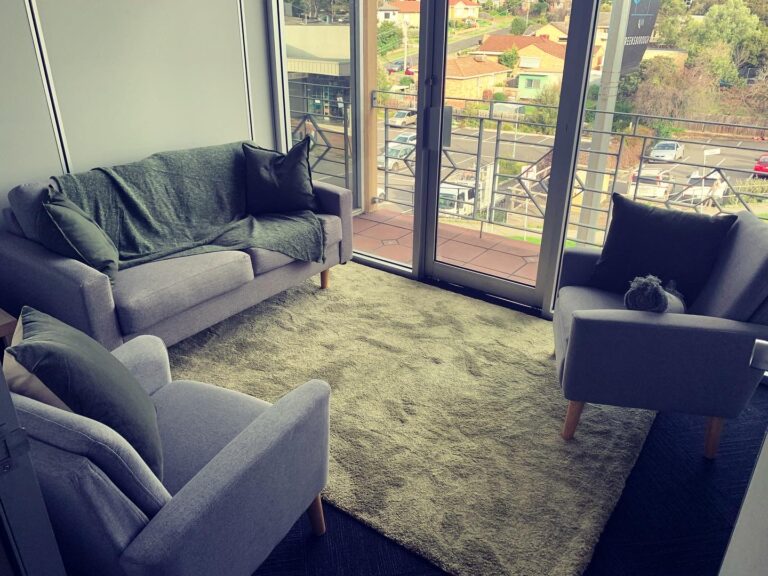Therapeutic Supports

What therapeutic supports are funded by NDIS?
Many participants will have some sort of therapeutic supports in their NDIS Plans. “Therapeutic supports” is a phrase that covers many types of supports delivered by a range of different providers.
Collectively, therapeutic supports are those that help improve functional skills and independence.
They are supports that assist with all the activities of regular, daily life like personal care, moving around, communicating with others, building good relationships and participating in the community.
Therapeutic supports and your NDIS Plan
Therapeutic supports can fall under several different NDIS budget line items within the Capacity Building budget category such as:
-
- Improved Daily Living.
This budget provides funding for therapists to work collaboratively with you to improve independence, participate more confidently in the community and achieve your goals. When you hear the term therapeutic supports, they most often fall into this category.
- Improved Daily Living.
-
- Improved Relationships.
Therapies in this budget are mainly related to behavioural interventions and social skills development.
- Improved Relationships.
Types of therapeutic supports funded by the NDIS
The types of therapeutic supports the NDIS will fund depend on your individual needs and goals. They may be provided in an individual or group setting, at home, another location or online.
We have summarised some of the supports we provide at Ultimate Services Australia that are available under the Improved Daily Living budget below.
-
- Support to aid self-knowledge, emotional acceptance and growth
-
- Development of personal resources to help you work towards your goals.
Community engagement assistance
-
- Supports that empower you to improve social interactions
-
- Supports to participate in community groups to help you achieve goals, gain insight into your life and make informed decisions.
Therapy assistants
-
- Therapeutic support by an allied health assistant working under the supervision of a therapist.
Assessment, recommendations, therapy or training
-
- By a psychologist, physiotherapist, occupational therapist, speech therapist or other suitably qualified allied health professional
Who provides therapeutic supports?
All NDIS funded therapeutic supports provided by Ultimate Youth Worker are provided by qualified Social Workers. Social workers provide a very different framework for working in this space than other professionals because of our focus on the whole person and where the fit in society.
“Social work is a tertiary-qualified profession recognised nationally and internationally that supports individuals, families, groups and communities to improve their wellbeing. Principles of social justice, human rights, collective responsibility and respect for diversity are central to the profession and are underpinned by theories of social work, social sciences, humanities and Indigenous knowledge.” (AASW 2023).
How do therapeutic supports work?
In most cases, the provision of therapeutic supports will involve an initial consultation to talk about your support needs, abilities and goals. You may also be asked to answer questions to help our social workers conduct an adequate assessment of your needs.
We will then develop a plan with you to support you to achieve your goals. This may include hands on therapy, regular appointments, activities for you to do at home and/or advice for making lifestyle adjustments.
